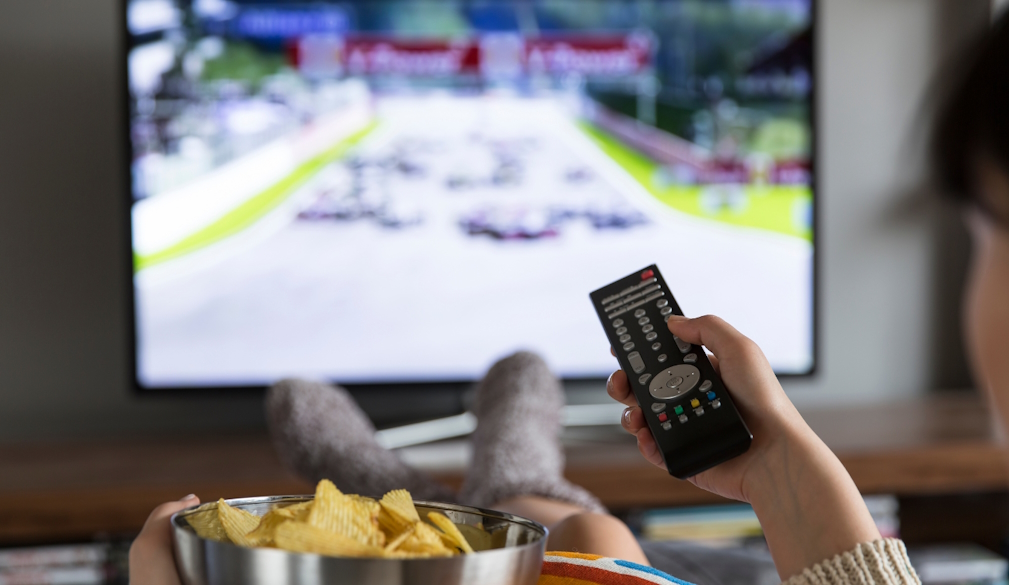Online games should not be included in Australia’s social media ban – they are crucial for kids’ social lives
- Written by Marcus Carter, Professor in Human-Computer Interaction, ARC Future Fellow, University of Sydney

The Australian government has announced[1] a plan to ban children under the age of 16 from social media. With bipartisan support[2], it’s likely to be passed by the end of the year.
While some experts[3] and school principals[4] support the ban, the move has also been widely challenged by social media experts[5] and children’s mental health groups[6].
In a press conference on Friday[7], Communications Minister Michelle Rowland suggested the ban would include platforms such as TikTok, X (formerly Twitter), Instagram, Facebook and YouTube. An exemption would be considered for some services, such as YouTube Kids.
Some media reports raised concerns[8] about online games like Minecraft, Fortnite and Roblox falling under the ban, because people can communicate with others on these platforms. Platforms like Xbox Live or the PlayStation Network would potentially be in scope, too.
A government spokesperson told Australian Community Media[9] that a new, robust definition of “social media” would be forthcoming in the legislation. Games and messaging platforms are likely to be exempt, but we don’t know for sure at this stage.
As experts in children’s online play, we argue it would be a mistake to ban children from social games. Games are crucial to children’s social lives and learning, and for their personal growth and identity development.
What do young people gain from games?
Games are widely popular, and 93% of Australian children aged 5–14[10] play videogames regularly. Two-thirds of children in Australia aged 9–12[11] play Minecraft at least once a month. Children and young people feel overwhelmingly positive[12] about their online gameplay.
In a recent study by the eSafety Commissioner[13], over three-quarters of young gamers indicated that “gaming had helped them with skill development, such as learning something new, using digital technologies, solving problems and thinking faster”.
Minecraft has received particular attention for fostering creativity, collaboration and socially connecting young people.
In 2021, the Minecraft: Education Edition was being used in schools in 115 countries[14], including Australia. This version of the game contains free lessons on various subjects. In a study across six schools in Queensland[15], researchers found children who learned with Minecraft: Education Edition “overwhelmingly identified themselves as better mathematics students”.

















